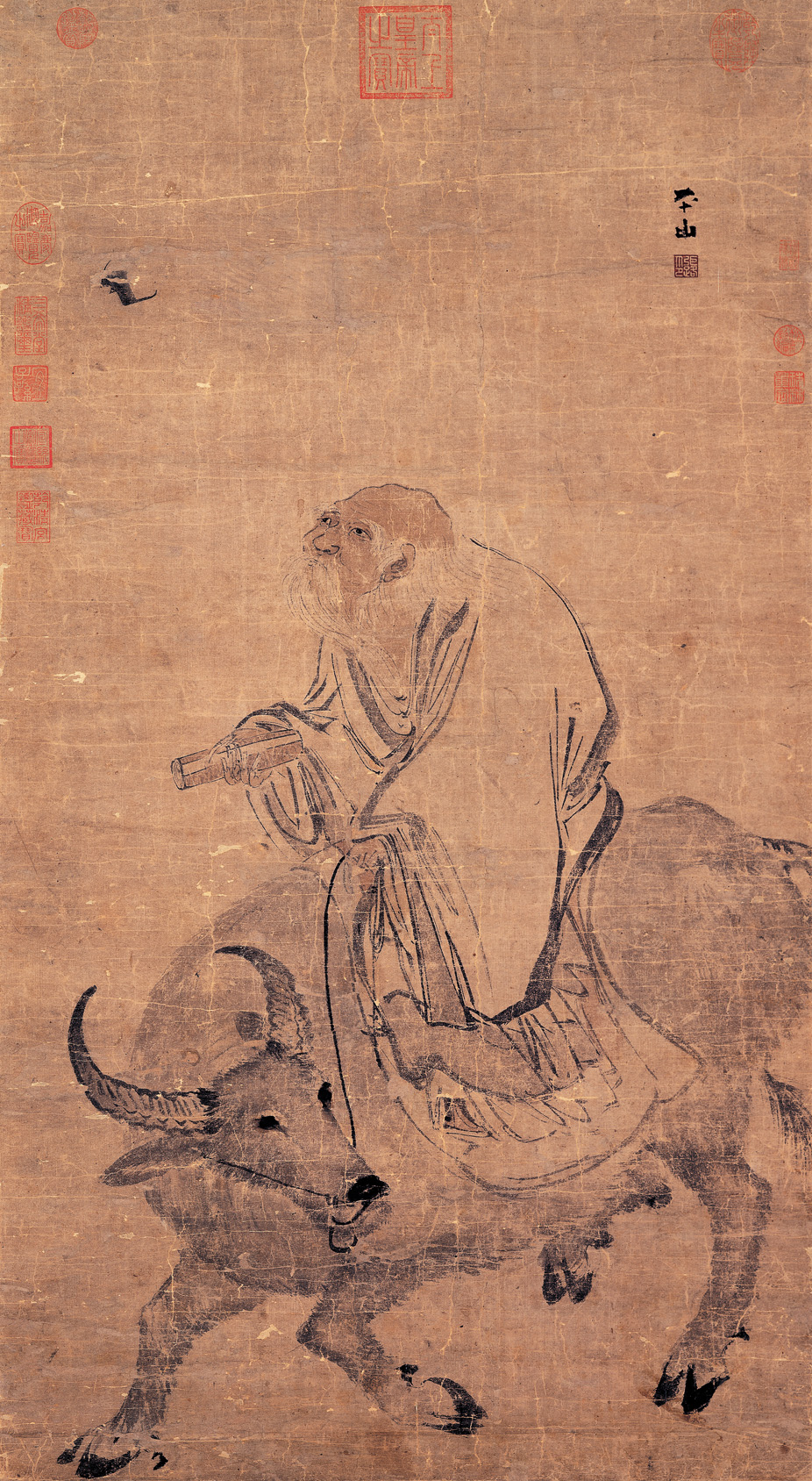
The Lǎozǐ and Zhuangzi: Daoism and the Way of Virtue
As the Confucian school was referred to as Rújiā, the Daoist school was referred to as Daojiā, each called out as one of the six main philosophical schools during the Warring States Period to the Early/Former Han. While a Daoist “canon”…
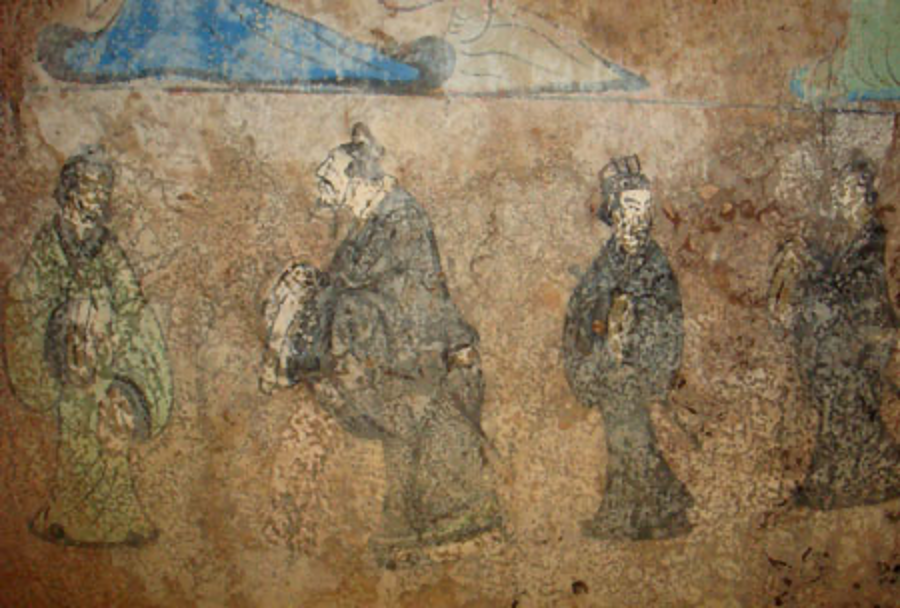
Early Chinese Philosophy: The Humanism of Confucius
The classical period of ancient Chinese philosophy runs from about the 6th century BCE till the 2nd century BCE and is marked by the proliferation and flowering of many varying philosophical schools, an era in Chinese history referred to (by…
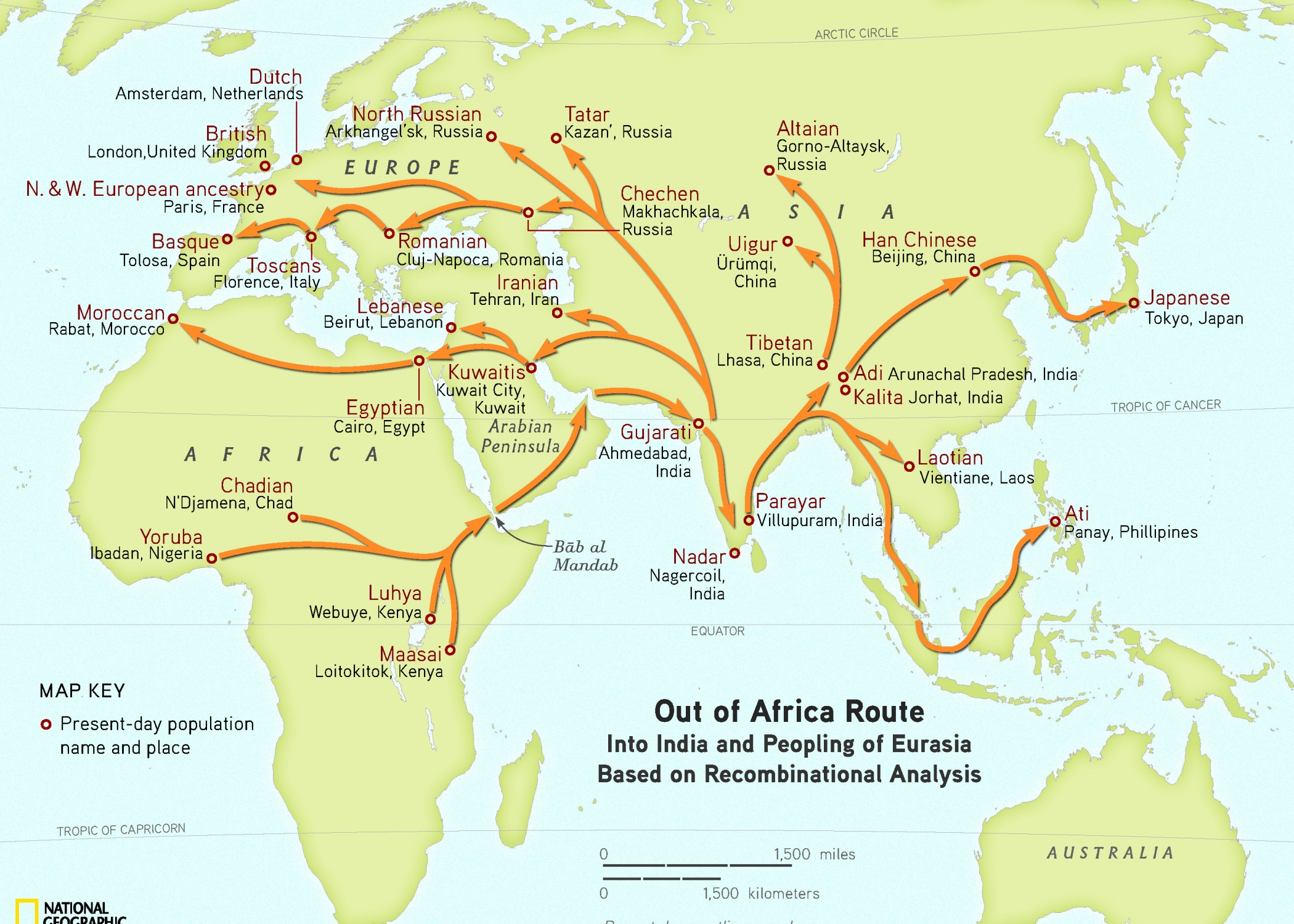
Plato and the Allegory of the Cave: Ideas, Being and Becoming
The first systematic treatment of philosophy, and arguably the most influential, in the West can be found in works of Plato, in particular in his works the Phaedo, the Republic and the Timaeus which are by most accounts the most influential…
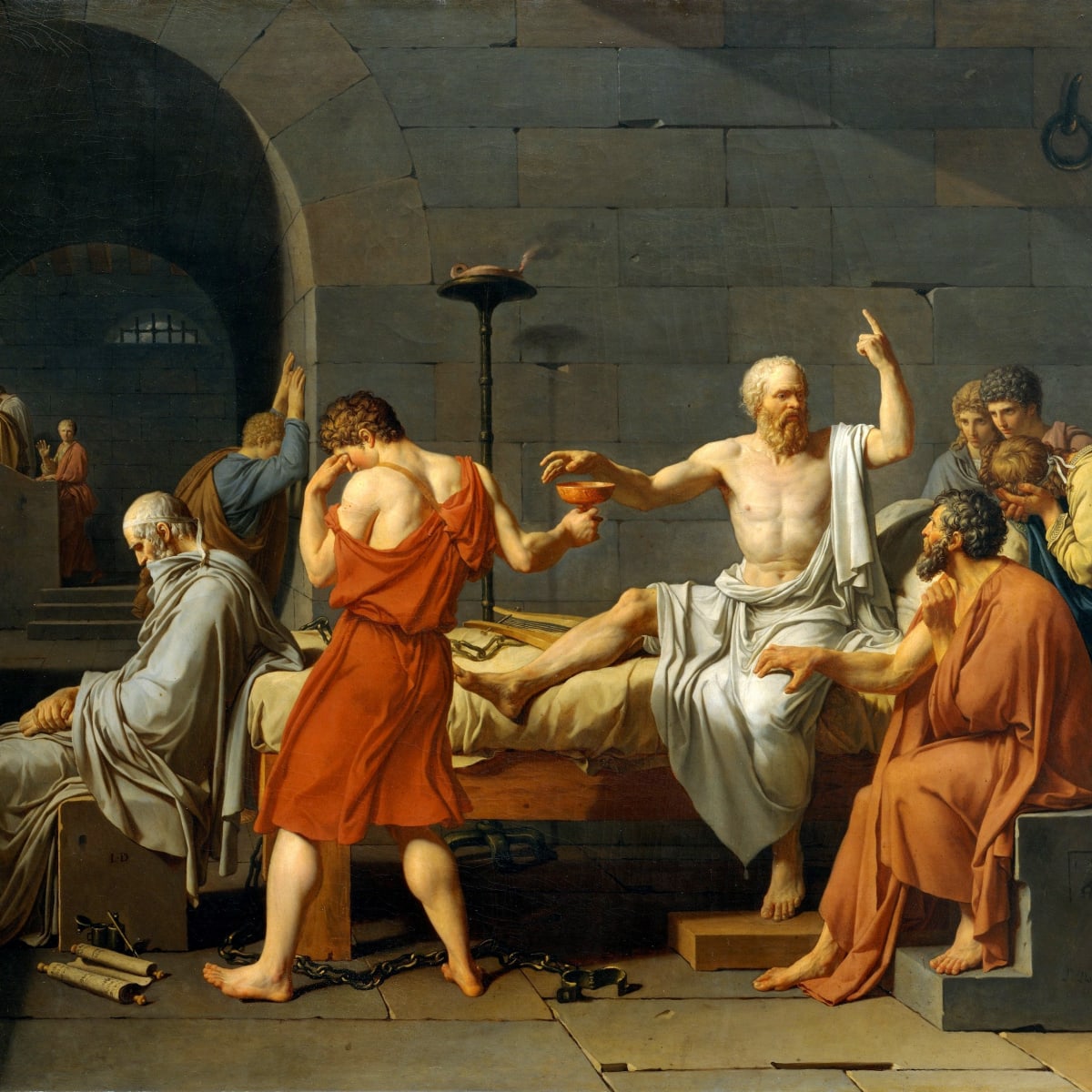
The Legacy of Socrates: Skepticism, Knowledge and Reason
One of the best indications of the influence of Socrates on the development of Western philosophy, what the Hellenes, or Greeks, termed philosophia, his ideas being primarily represented by the writings of his best known pupil Plato, is the…
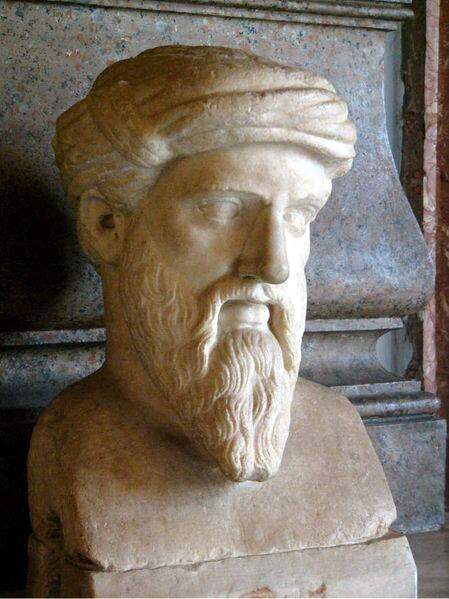
Pythagoras: The Father of Hellenic Philosophy
Pythagoras, Thales of Miletus, Parmenides, Heraclitus, Xenophanes, Zeno, Empedocles, Anaxagoras, Leucippus, and Democritus all made contributions to Pre-Socratic philosophical thought and were referenced by later philosophers and historians…

Buddhist Philosophy: Impermanence, Suffering and the “No-Self”
Running parallel to the maturation and evolution of Hellenic philosophy, to the East the Indo-Aryan people were going through a similar intellectual revolution from the prevalence of ritual and ceremonial worship of gods and goddesses embedded…
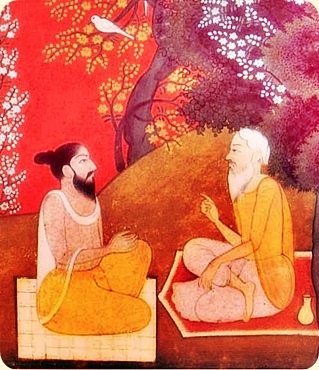
Upanishadic Philosophy: Brahmavidyā and the Soul
Orthodox Indian philosophy, the legacy of the Indo-Aryans, takes on a much different form than it does in the West, and in turn a much different form that it does in the Far East, despite the fact that the intellectual developments – if we…
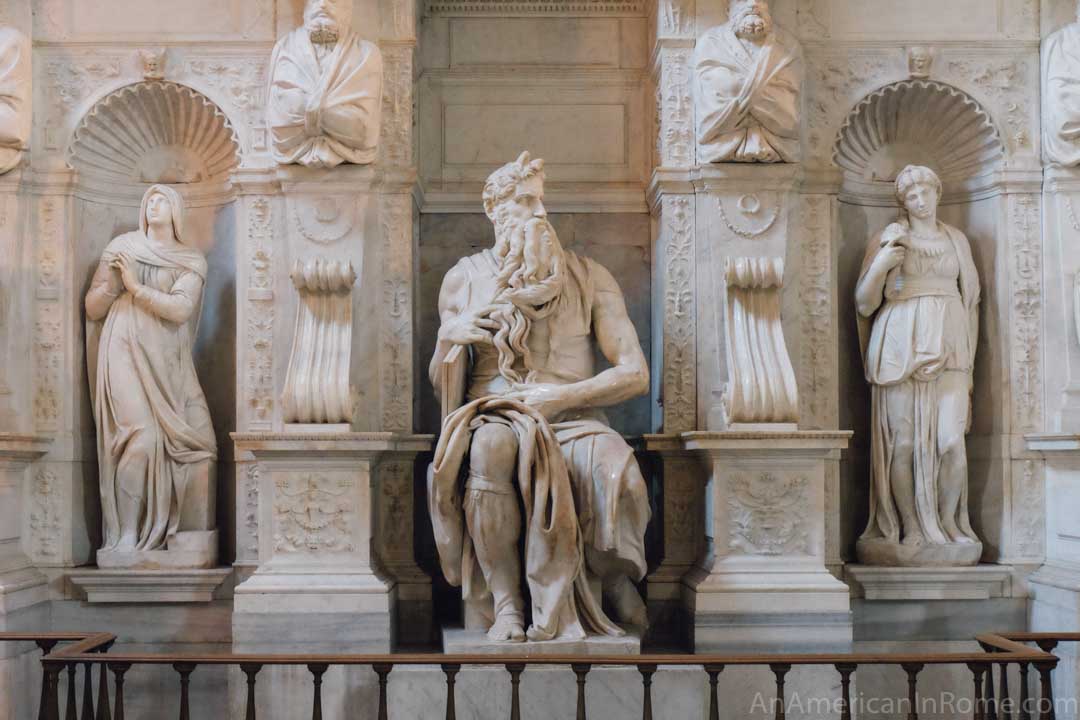
The Ancient Hebrews: The Tanakh, Torah and Five Books of Moses
As a specific example of how a word, a concept, can be disfigured and lose its fullness and richness of meaning as it moves through successive languages of translation and cultural evolution, let’s look at how the Hebrew word Torah, which…

From Language to Writing: The Dawn of History
The development of alphabet based language systems in general, a development that occurs in the Mediterranean at around the end of the second millennium BCE or so, represents a major evolution in the history of mankind. It’s invention, if…

Overarching Themes: The Laurasian Hypothesis and a New Metaphysics
While we have attempted to describe the nature of the work, and its underlying “purpose”, in Aristotelian terms[1], whenever the author stops to think about it, or whenever he is asked “why” he’s doing it, there never appears to be…
